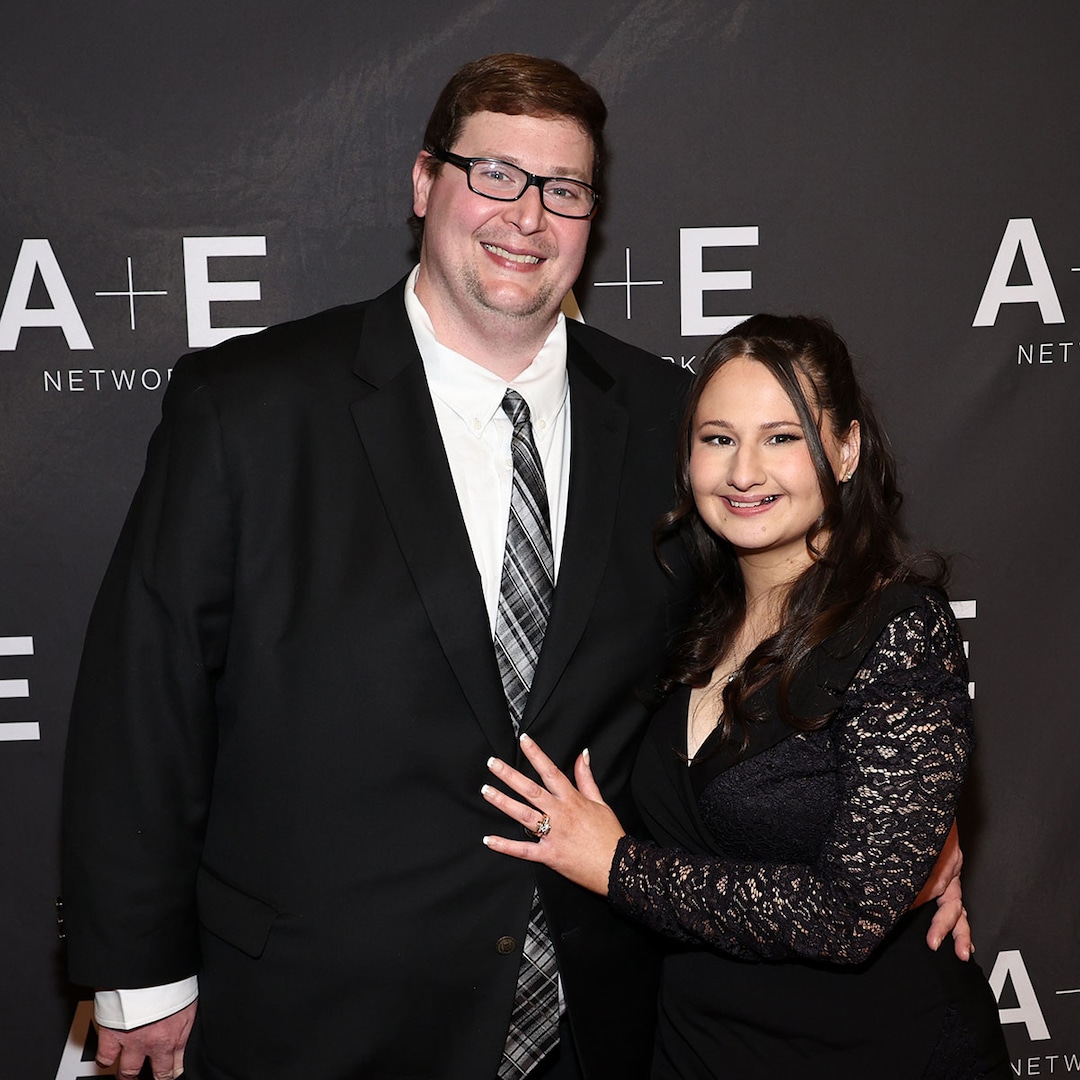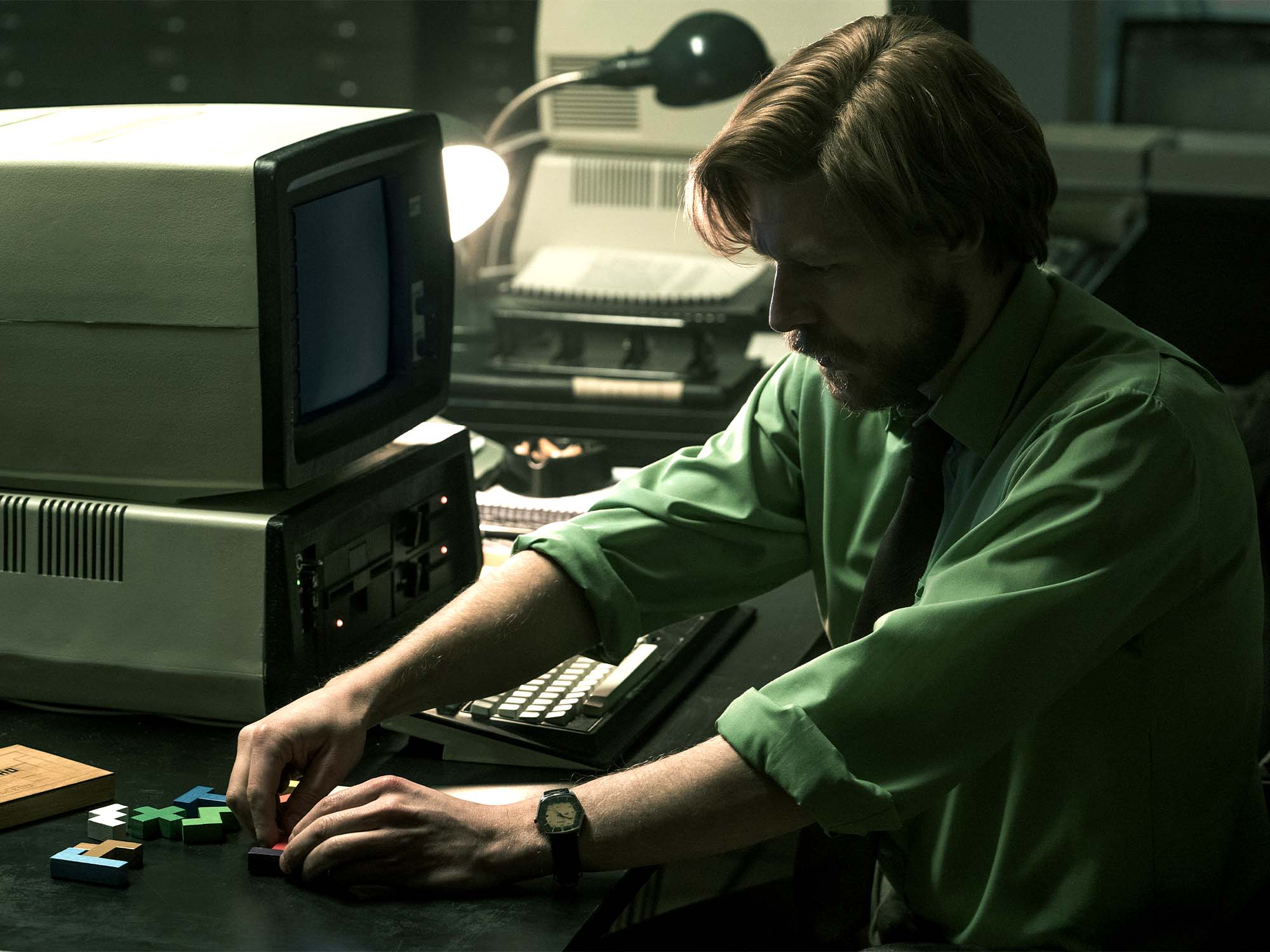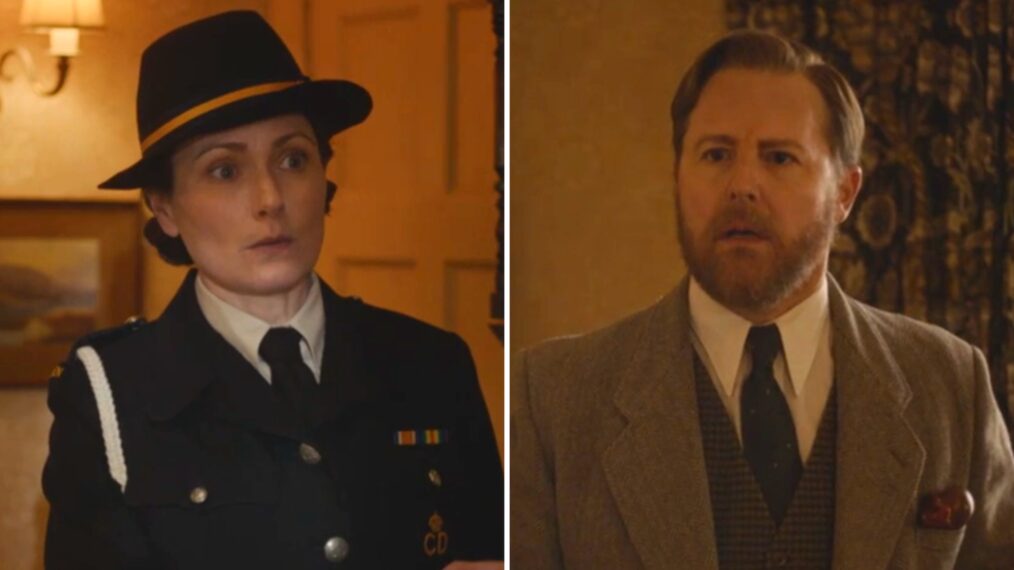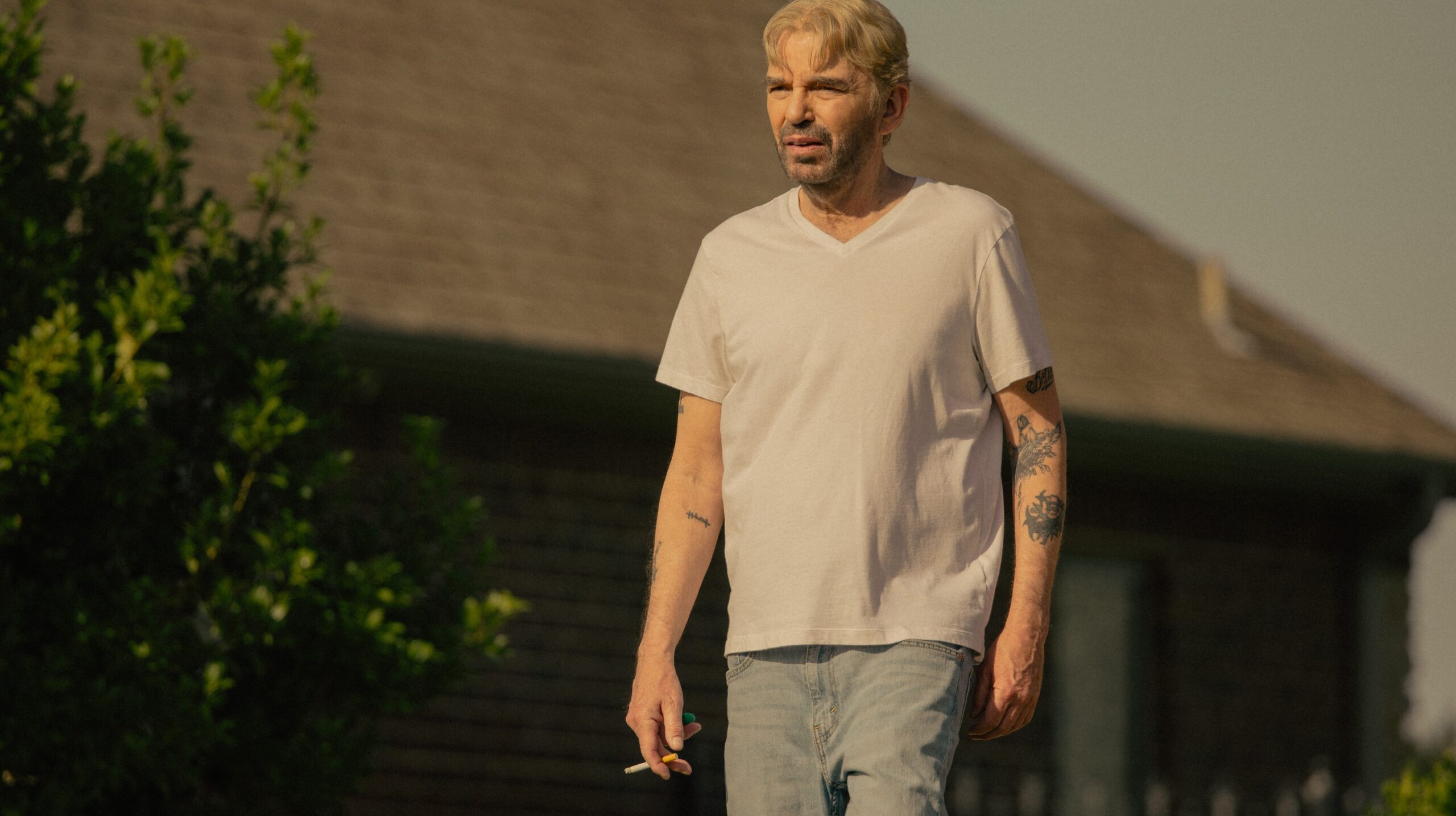Review: Fighter Pilot Film ‘Devotion’ is a Compelling Character Study
by Manuel São Bento
November 28, 2022
One of the most complicated, unfair obstacles that a cinematographic work sometimes must overcome is the audience’s anticipation when, in the same release year, another film of the same genre with a very similar premise had a monumental success, creating extremely high, often completely wrong, expectations. The legacy sequel Top Gun: Maverick is, without a doubt, the biggest blockbuster of 2022, but it’s clearly an action-driven movie, which is the main reason for the love from audiences worldwide. Devotion couldn’t be more different, focusing on its complex protagonists and leaving much of the action in the background…
That choice is one that is far from wrong. In the same way that the Top Gun sequel has every right to follow a more generic style within the action genre, Devotion can also have the same success as a character study. Throughout cinema’s history, there have been infinite variations of the same narrative concept, even more so if one looks outside the same genre. Some films focus on the execution of the most entertaining moments, others are more concerned with building distinct characters, and few try to tackle several areas with the same dedication. No path is more correct than another.
Obviously, most audiences will prefer a film with pure entertainment, so Devotion would never reach as many people as the other movie with military jets and wingmen, but it doesn’t have to either. Director J.D. Dillard respects wrtiers Jake Crane and Jonathan A. H. Stewart’s screenplay, placing the spotlight on its two pilot protagonists Jesse Brown (Jonathan Majors) and Tom Hudner (Glen Powell). There are, of course, heart-pounding action sequences, but more due to the emotional connection with the characters than the action itself.
The keywords have been mentioned already: character study. Devotion deepens the relationship between Jesse and Tom, as well as their personal lives, in a very intimate, genuine manner, in the sense that typical Hollywoodisms have no place in the Brown family or even within this military squad. Every interaction between Majors and Powell has an endearing authenticity, largely due to the actors’ unexpectedly emotional performances. Both represent the counterexample of toxic masculinity, revealing themselves to be genuinely vulnerable to everyone else.

Dillard’s Devotion tackles the moral dilemmas that are common in these types of stories. How much is a deep friendship worth compared to a fair, unbiased mission report? It’s often said that it’s better to hear a harsh truth than a sweet lie, but aren’t there times when silence is the best answer? What about personal sacrifices? “True friends are those who are there when we need them most” is a phrase that perfectly sums up the relationship between two compelling protagonists and in whom it’s easy to invest in emotionally.
That said, Devotion doesn’t fly without some issues. In addition to a slow pacing that doesn’t always work, the narrative structure is somewhat repetitive, posing the above questions several times through scenes prompted by similar situations. Basically, whenever a character appears to take a step forward, the film then takes them two steps back, forcing them to go through the same processes of development. Despite the friendship between Jesse and Tom being well-explored, other characters close to them are too sidelined when they had the potential for interesting subplots.
Regarding technical aspects, it’s hard not to think about Top Gun: Maverick in comparison to this movie. When discussing action, there’s a relatively misleading idea that the more real the sequence, the better. The less CGI and other visual effects applied, the more satisfied and entertained the viewer is. The truth is that, in the same way that there are absolutely terrible realistic, in-location action scenes, it’s also possible to create impressive, inspiring set pieces that are entirely fake and surrounded by green or blue screen.
Top Gun: Maverick holds, by far, the best aerial fighter jet footage in cinema history, and hardly any movie will ever beat its realism, dedication, and innovative cinematography. Nevertheless, Devotion uses its own weapons quite efficiently. Despite not reaching the same levels of adrenaline and intensity, cinematographer Erik Messerschmidt’s thrilling camerawork and the movie’s VFX team produce a couple of jaw-dropping moments, including a stunningly executed, uninterrupted one-take sequence.
Final Thoughts
J.D. Dillard’s Devotion tells a character-driven story with two emotionally complex protagonists, proudly focusing on honoring forgotten heroes and interestingly developing moral themes despite the somewhat repetitive structure. It may not have the energetic, intense action of “that other planes flick”, but it doesn’t need to either, as the film’s engine is found in the in-depth arcs of each character. Jonathan Majors and Glen Powell are phenomenal, bringing tremendous authenticity to their roles and interactions. A character study that won’t have the success of its genre counterpart but that deserves to be seen on the big screen.
Manuel’s Rating: B
Follow Manuel on Twitter – @msbreviews / Or Letterboxd – @msbreviews




























